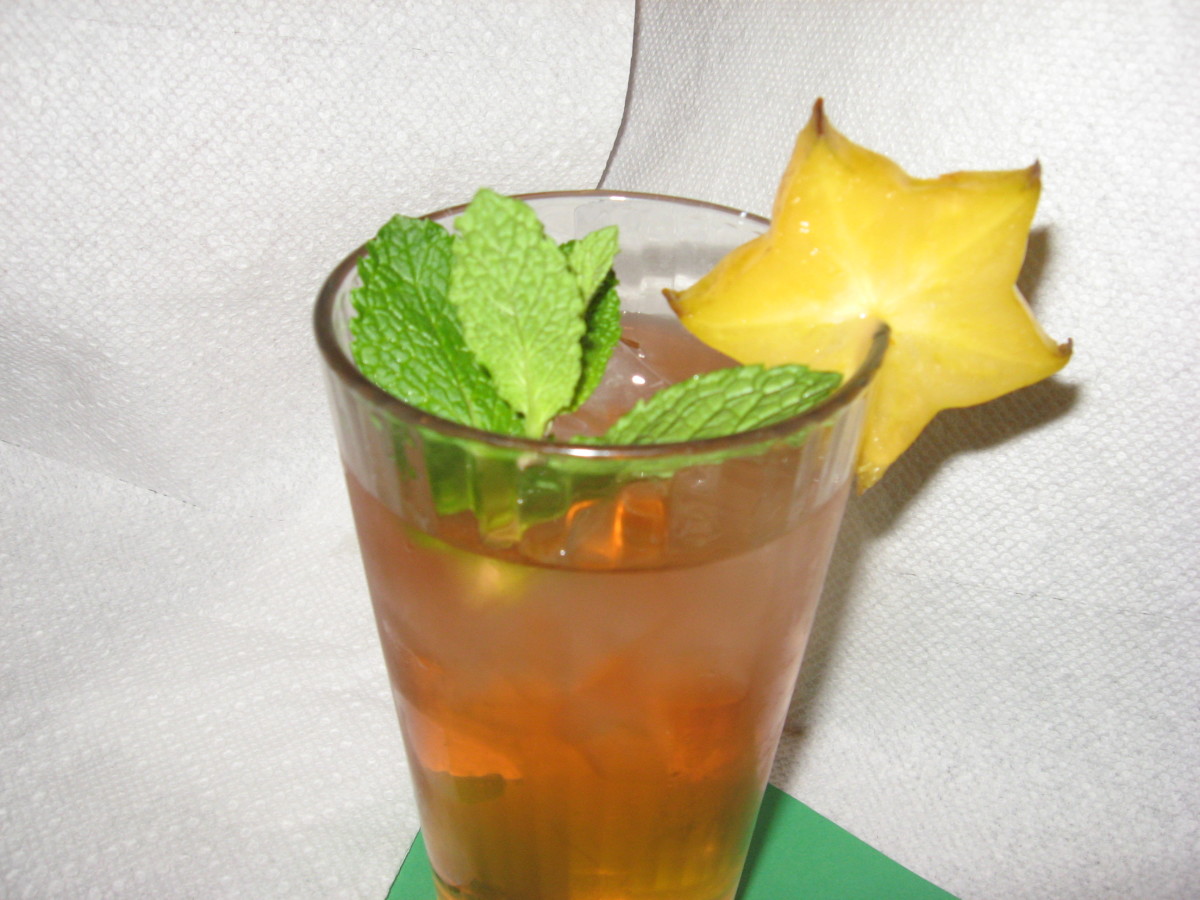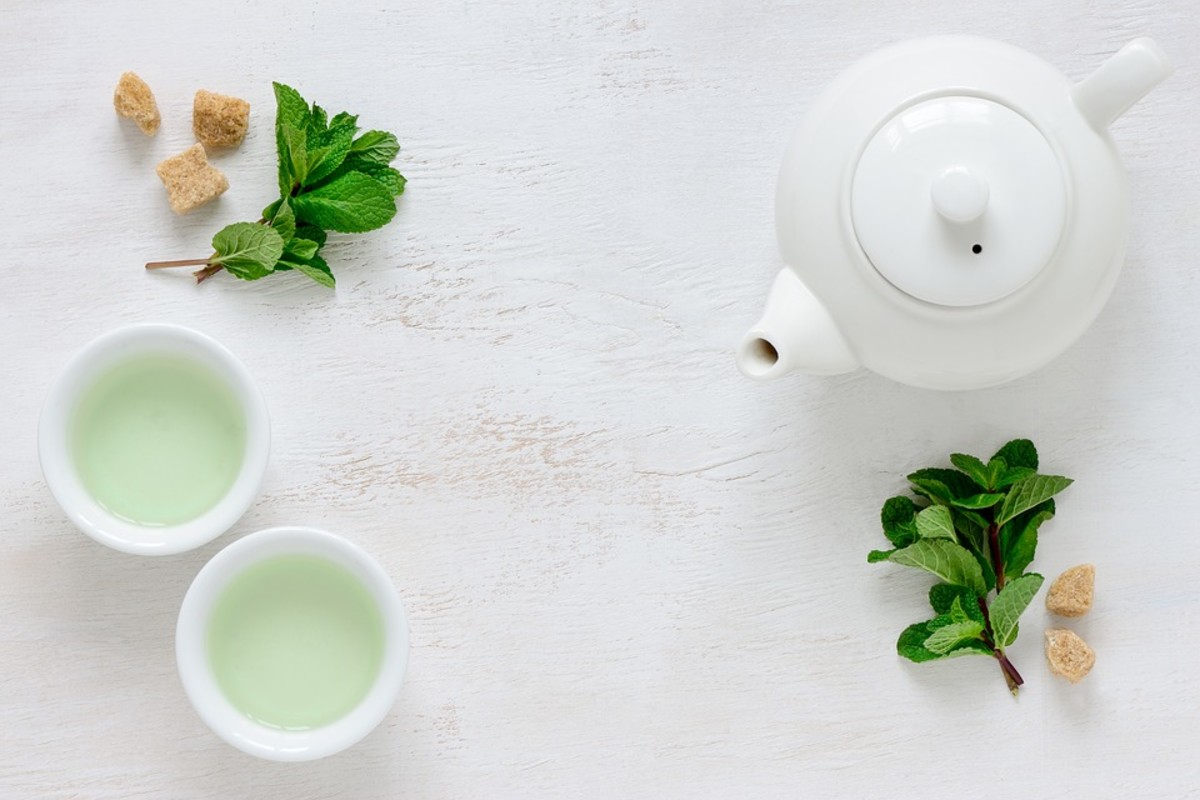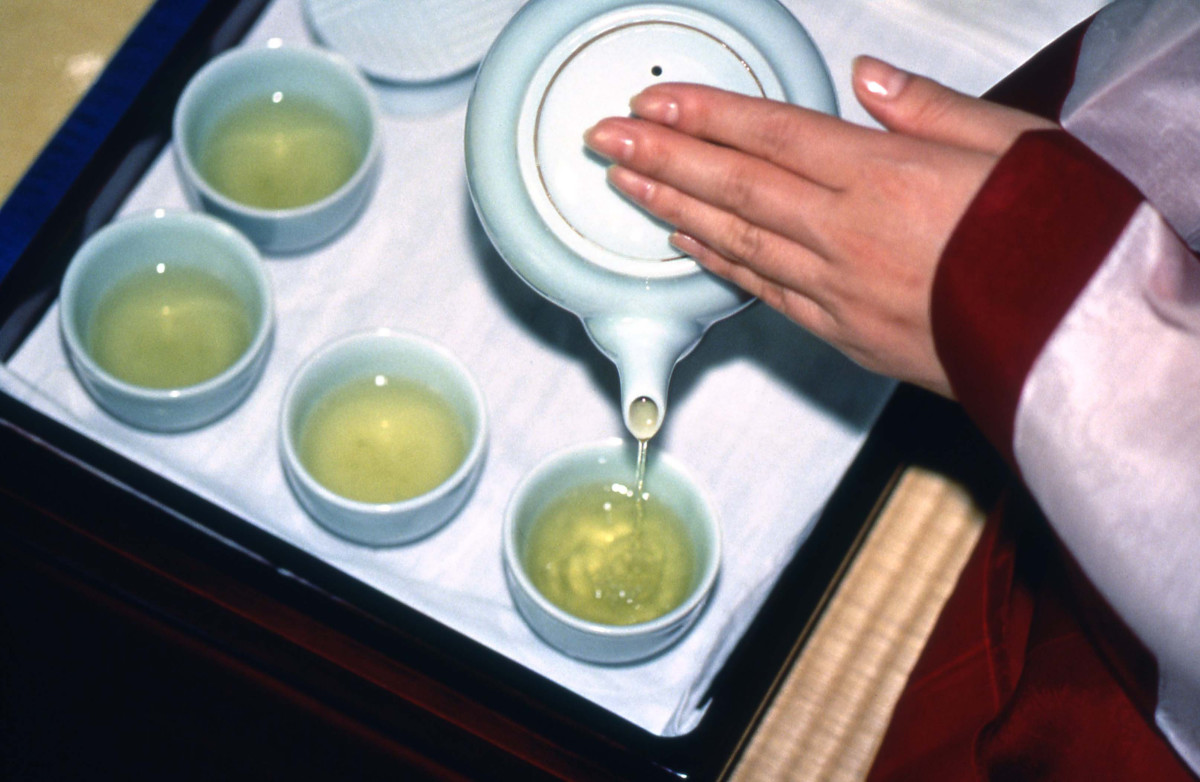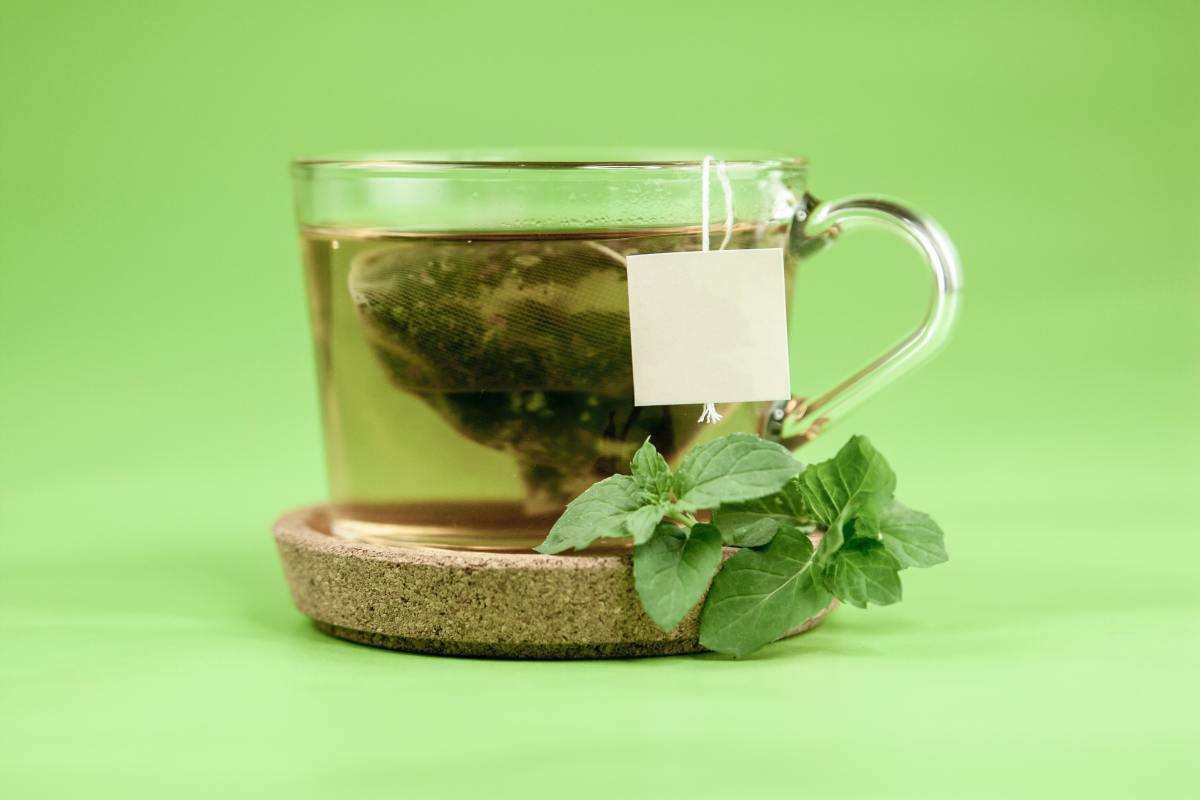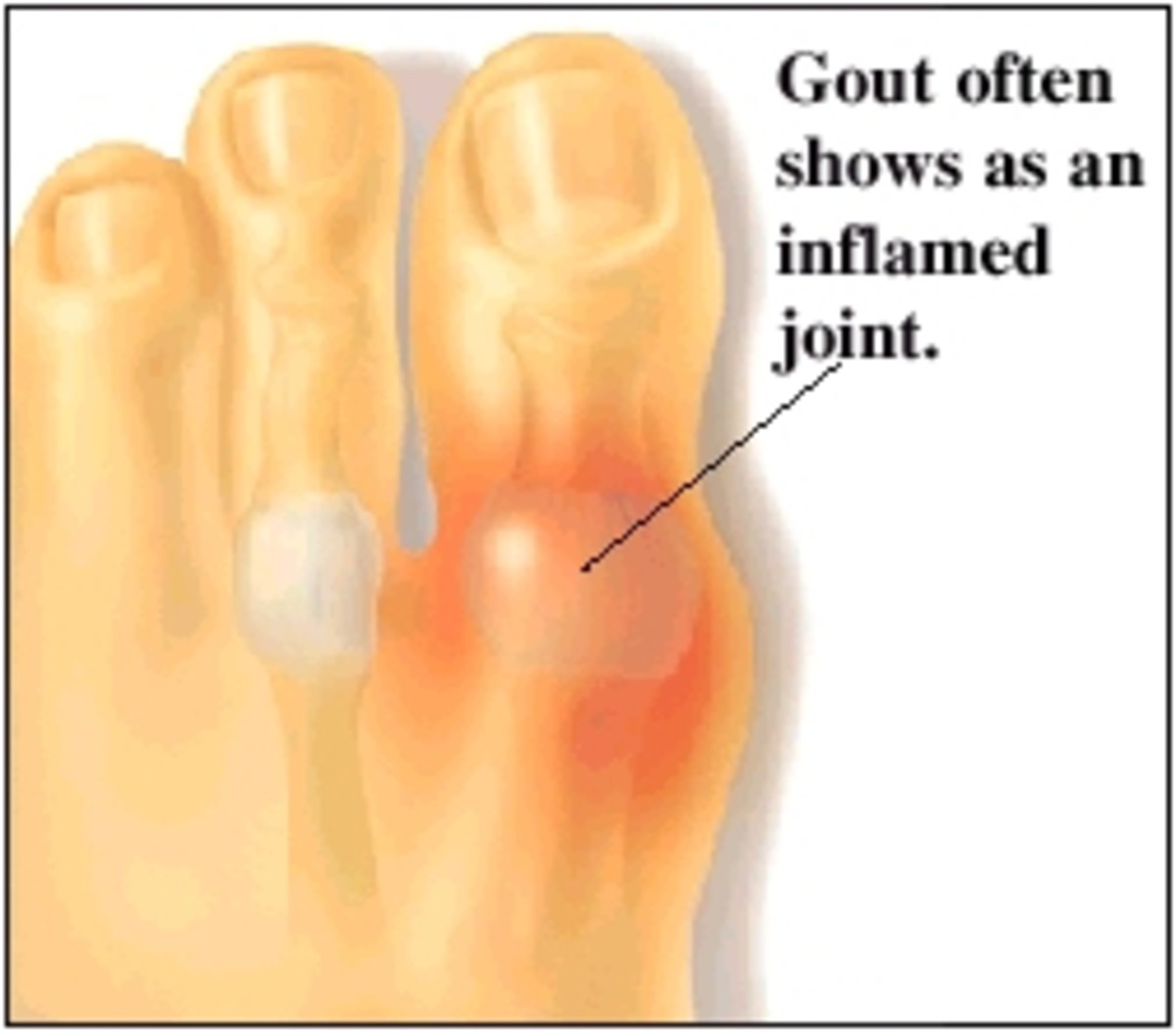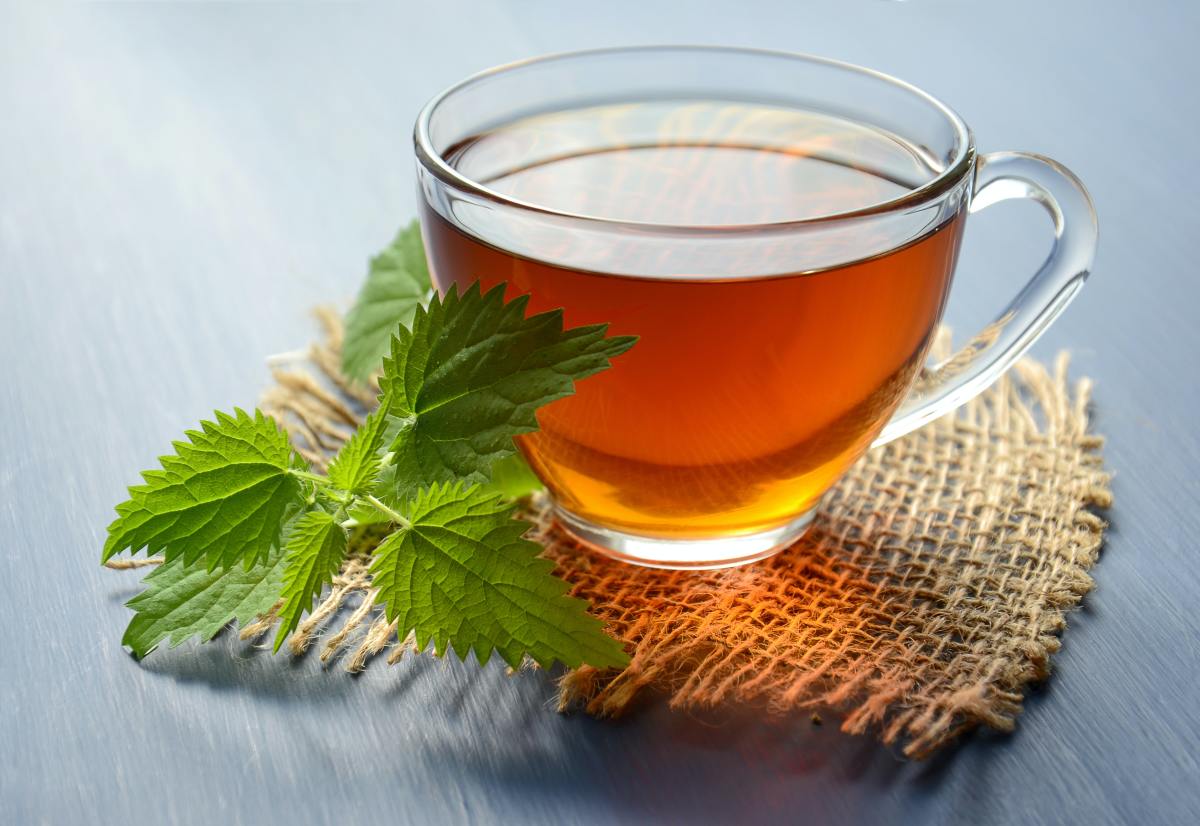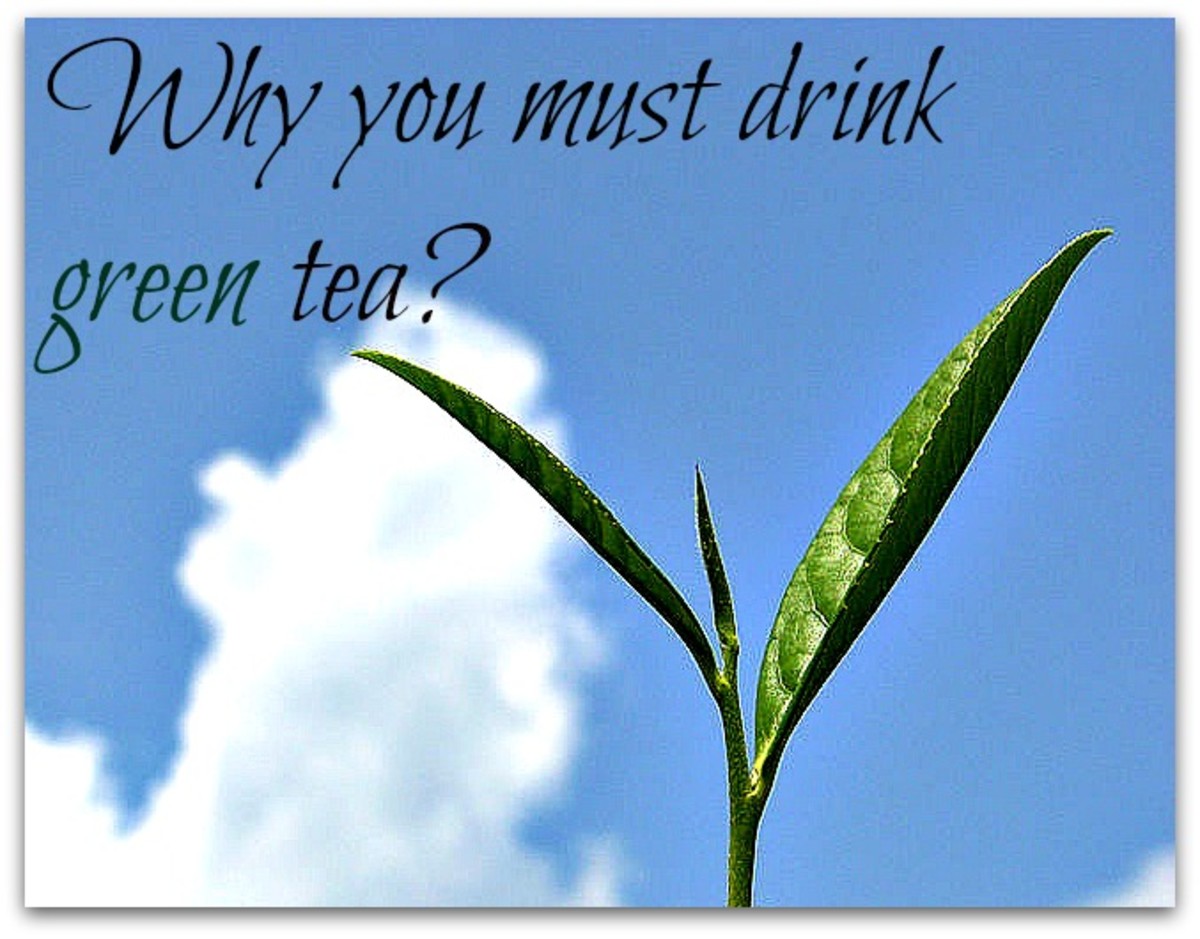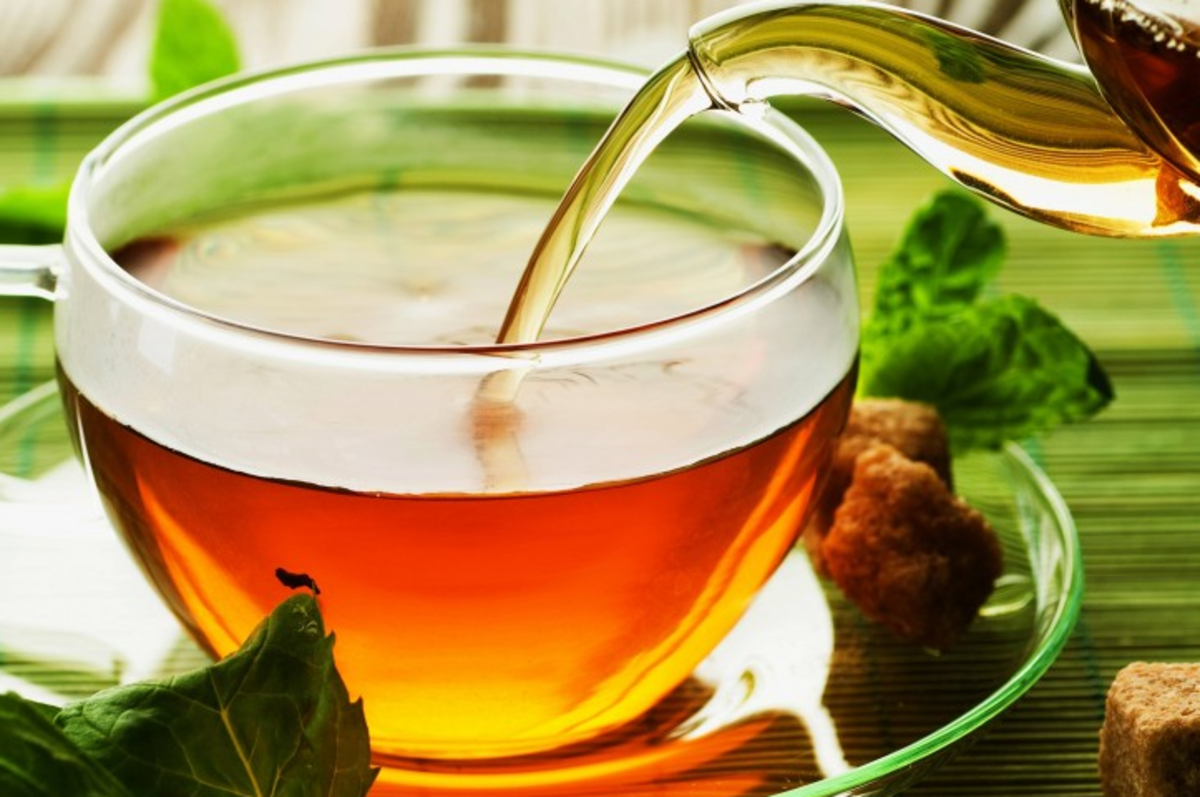Why You Should Be Drinking Matcha Tea
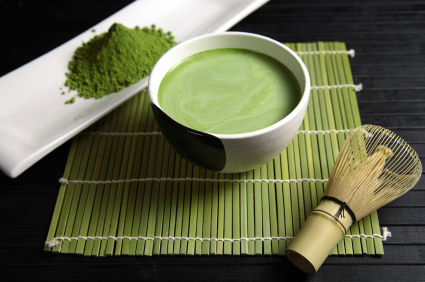
What About White Tea?
Although green tea is the headline maker, white tea is actually the type of tea with the highest antioxidant levels as it goes through the least amount of "processing". Furthermore, white tea is also found in the matcha form. Therefore, would it not make sense to drink white matcha instead of green matcha? Not so fast! First off, white tea is much rarer and harder to come by than green tea, and also more expensive. Secondly, green tea matcha has been cultivated by Japanese farmers for decades and is an extremely old tradition. The perfection in which they harvest their matcha powder is unparalleled; for this reason I would trust Japanese green tea matcha to be harvested in the most efficient manner and to contain the highest amount of nutritional benefits. However, it is always good to consume a variety of things, so drinking white tea matcha would not be a bad idea in addition to your green tea matcha! The preference is up to you, so taste could also become a factor when deciding between these two!
What Could Be Better Than Green Tea?
Lately, green tea has stolen the headlines for its health benefits. With zero calories, tons of antioxidant content and various beneficial effects, is there anything better? Yes; matcha tea is everything green tea is and more. How can this be so? Well, it is a trick question, as matcha tea is green tea, only in a more potent form.
Health Benefits
Because typical tea leaves are placed in a bag and then steeped you do not obtain all of the nutrients when drinking the tea. On the other hand, with matcha tea you are consuming the entire leaf (as it is ground into a powder and this powder is mixed directly into the drink). For this reason, drinking one cup of matcha tea is the equivalent to drinking 10 cups of typical green tea! Furthermore, one cup of matcha tea has 137 times the amount of antioxidants as a cup of green tea!
- The main antioxidant that matcha gets its reputation for is a catechin called EGCG. This is a powerful cancer-fighting antioxidant that also helps prevent the clogging of arteries, aids in weight loss, reduces inflammation, helps control diabetes and has anti-aging properties as it fights off various free-radicals in the body.
- It also has high levels of chlorophyll, which can do various things for your body. It aids in digestion and bodily detoxification, helps fight cancer toxins and infections, and also contains a heavy source of various minerals.
- The amino acids present in matcha green tea help improve endurance and energy levels (not to mention the caffeine as well), but also help boost memory and concentration, and have even been shown to engage the body in a state of calmness.
- Fiber - Since you consume the entire leaf with matcha tea there is a high amount of fiber, which is very important for digestive health.
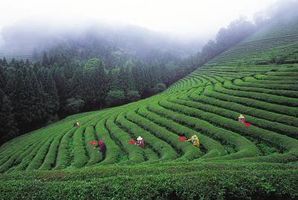
The Matcha-Making Process
Matcha tea is cultivated in an extensive process and only exported from Japan. Tea farmers grow these plants close to a river as the misty and foggy climate facilitates the growth of the tea leaves. Bamboo mats are placed over the plants weeks before harvest to provide shade . This short period of shading the plants causes the plants to greatly increase their production of chlorophyll, increasing the nutritient levels in the plant. The leaves are then harvested, after which the leaves are sorted by grade, steamed, air-dried, plucked and ground. The younger the leaf, the higher the grade and nutritional value. Accordingly, the higher the grade of matcha, the brighter green the color of the powder will be.
Why Is it So Expensive?
Matcha tea is seen as a daily staple in Japanese diets. Since it takes a long time to harvest and the domestic demand is so high, the amount left to export internationally is quite low. Therefore, the price is high. The younger the source of the powder (the leaf), the more nutrient-dense and therefore the more expensive the powder will be.
There are many different grades of matcha powder available for purchase, the lowest of which is typically used for baking, frappuccinos, smoothies, etc. and normally runs around $0.38 per gram. The next type is used for tea drinking and runs around $.85. The last type is the best quality attainable and is also used for tea drinking. It runs at a whopping $1.60 per gram! While there are even more nutrients packed into the higher quality grades, even the lowest quality grades are nutrient-abundant, not to mention they are still expensive. For this reason, do not worry if you are only able to afford one of the lower-grade qualities as it will still provide you with a plethora of nutrients and health benefits.
I like to get my matcha from matchasource.com.
How to Prepare Matcha Tea
To prepare matcha tea traditionally (I have personally tried stirring it in a cup and making it this way and it definitely tastes better the traditional way!) you will need a matcha bowl, sifter, measuring stick and a bamboo whisk.
- Heat up water so that it is hot but not boiling temperature.
- Add one to two almond-size scoops of the powder to the bowl by pouring through the sifter (this way the clumps will be sorted out and spread equally amongst the tea for optimal texture and taste)
- Poor the hot water into the bowl. Experiment with how much water you would like to use. I personally like to use a small amount so that the tea is stronger with more flavor.
- Using the bamboo whisk (the bamboo whisk works best as the tea does not stick to the bamboo!) whisk the tea in a Z motion.
- Typically people drink this in a few large gulps, however I enjoy savoring it for a little while! Completely up to your preference!
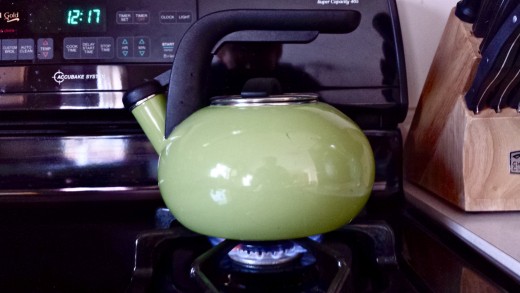
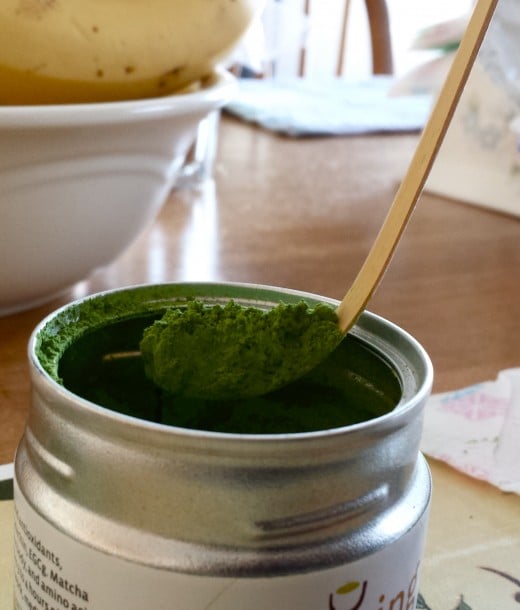
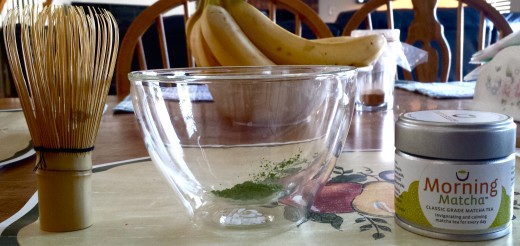
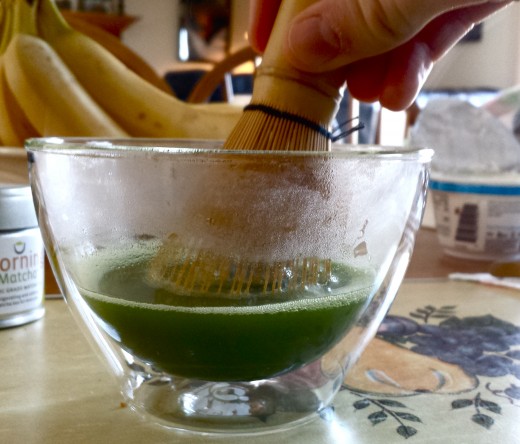
What Does It Taste Like?
Matcha has a very distinctive taste, full of grassy flavors with a natural sort of sweetness to it. At first it may taste bitter to some, but with time this drink becomes addictive! Keep in mind that this is an acquired taste very similar to that of dark chocolate.
This content is accurate and true to the best of the author’s knowledge and does not substitute for diagnosis, prognosis, treatment, prescription, and/or dietary advice from a licensed health professional. Drugs, supplements, and natural remedies may have dangerous side effects. If pregnant or nursing, consult with a qualified provider on an individual basis. Seek immediate help if you are experiencing a medical emergency.

